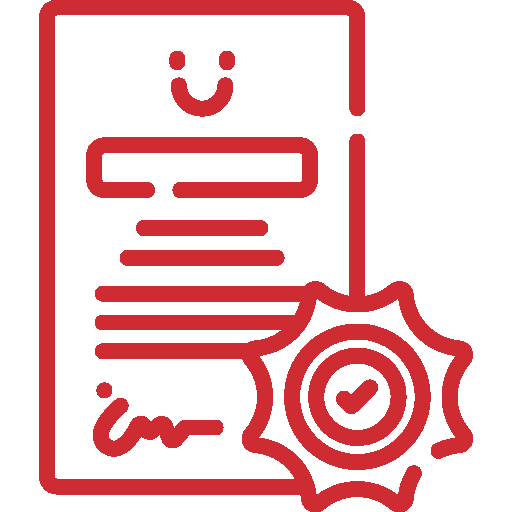Rexarc is currently open from 7:30 AM – 4:00 PM EST, Monday – Friday. Read More
Rexarc is currently open from 7:30 AM – 4:00 PM EST, Monday – Friday. Read More

Personal protective equipment (PPE) is gear that exists to keep people safe on the job. There are some regulations set out by the Occupational Safety and Health Administration (OSHA) to ensure workplaces are doing what they can to protect their workers from injuries, illnesses, and other health hazards while they’re working. This article will give you a quick overview of some examples of PPE, and what standards there are to follow.
PPE can include a wide range of protective gear, including some of the following:
The right kind of equipment depends on the hazards that can be encountered on the job. For example, a nurse is going to need very different gloves than a construction worker, since a nurse would be trying to reduce disease transmission while a construction worker is trying to avoid splinters.
OSHA has specific standards for the construction, maritime, and general industries. These standards tell you what types of PPE is required for a job, requirements for checking and maintaining the equipment, and requirements for employee training on proper use of the equipment. They also set requirements for the equipment itself – most PPE must meet standards set by the American National Standards Institute (ANSI) so that it’s known to work properly.
Rexarc is committed to protecting our employees by following OSHA standards for PPE. We train our employees on how and when to use PPE, how to maintain it, and what its limitations are. We also make sure to provide our employees with the right equipment – safety gear that meets the right standards for the job.
One example of this is safety equipment for welding. As a top manufacturer of stainless steel and carbon steel pressure vessels, many of our employees work with welding equipment which require specialized PPE.
There is a lot of PPE required to safely weld, since welding requires working with extreme temperatures, fire, molten metal, and extremely bright light, among other hazards. Some of the equipment welders use to keep themselves safe is below:
Helmets are the most complicated piece of welding protective gear, since they’re designed to mitigate several hazards at once including the light from the welding arc, UV and IR radiation, flying sparks, and bits of molten metal. They still have to be comfortable to wear and allow the welder to see what they’re working on without compromising safety. They’re also specialized for the type of welding they’re used for, so a helmet that works for one project might not be a good choice for a different one.
Have questions about how to weld safely and personal protective equipment? Feel free to reach out to us at Rexarc, we’re happy to use our experience as expert welders to help others stay safe.

We are a one stop shop from custom vessel production to full skidding, plumbing and instrumentation.

We stand by our processes and communicate with you on your project status as much or as little as you would like.

We continually reinvest in our people, business, and equipment technology to ship quality products on time.
